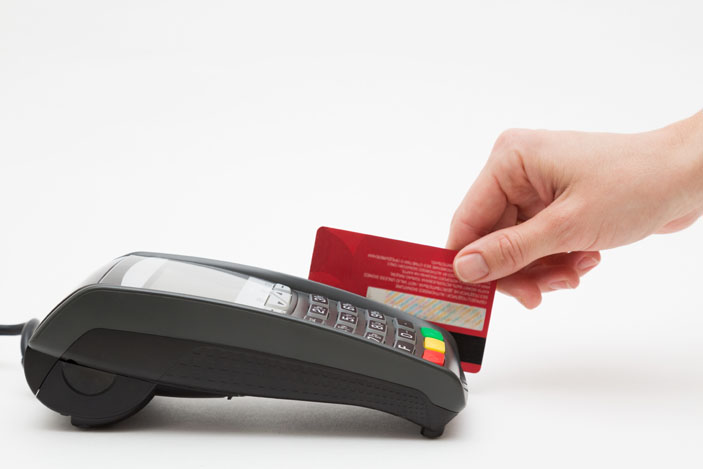THE POPULARITY of mobile payments is a signpost for our times.
Smartphones have enabled consumers to engage in a range of activities that previously required a brick-and-mortar presence including banking, online shopping and investing.
Convenience and accessibility will see this space grow even more, and the market share of mobile payments, compared to other modes of payment like cash and credit cards, is likely to steadily grow.
Banks and credit cards ostensibly have the most to lose as their roles as intermediaries in payments supply chains are gradually being eroded by mobile payment solutions being offered by companies that don’t necessarily have a financial services background.

Prominent examples of such companies in this part of the world are Alibaba, Tencent, Apple Pay and PayPal.
But if you look more closely at how mobile payments work, it is evident that mobile wallets often have to be linked to a bank account or use a credit card for payments to take place. As such, banks and credit card companies can play important roles in the mobile wallet space.
While this highly competitive space may squeeze credit card companies’ profit margins, it won’t lead to their demise any time in the near future.
Building Their Presence
In fact, banks and credit card companies are allocating resources to build their presence in the mobile payments space. In the US, for example, major credit card issuers offer bonus rewards for mobile wallet purchases.
Wells Fargo’s Cash Wise card, launched in 2016, offers a small bonus on eligible mobile wallet purchases for the first year. The Chase Freedom card’s 5% cash-back rewards in the first quarter of 2018 include eligible mobile wallet purchases.
Credit card companies are staying in the fight by encouraging consumers to use their mobile wallets by making it more attractive to use their cards at the points of sale.
Banks are also not about to ignore the opportunities that mobile wallets potentially accord them.
At the German-Singaporean Financial Forum last month, Ong Chong Tee, deputy managing director of the Monetary Authority of Singapore, noted that Alibaba and Tencent have moved into the financial services space to strengthen their customer-centric propositions and services.
You Might Also Like To Read:
Singapore’s Macroeconomic State Of Health
Taxing Opportunities
He cited smartphones as an underlying factor in sparking a new way of thinking at banks. “Banking has moved from physical branches to the desks, and now to the palm. Recently, I read a report that British psychologists found that young adults use their smartphones roughly one-third of their total waking hours. And many segments of our populations are increasingly comfortable going digital, be it for banking, or to purchase goods and services,” Ong said.
More initiatives can be expected from banks and credit card companies to compete for mobile wallet share. This will be in line with Singapore’s long-term intention to go cashless, which was mentioned by Prime Minister Lee Hsien Loong in his National Day Rally message last year.
The financial services website dollarsandsense.sg noted last October that “to make sure Singapore stays ahead, the push to go cashless is justified, even necessary.”
It cited the example of Singapore potentially losing substantial tourism revenue if Chinese tourists come for a holiday expecting to use e-payments, only to find that Singapore does not widely accept it.
For More Commentaries visit http://www.storm.sg/views/
The site also alluded to an important point about the use of mobile wallets. “By pro-actively taking the lead in crafting standards and laws, the Singapore government can ensure that regulators and the authorities will not miss out on monetary transactions being made electronically. Improved transparency in terms of financial records enables the government to better track where money is being moved,” it said.
Tracking where money moves has important tax implications.
For instance, the use of mobile wallets by hawkers in Singapore means the government will be able to better ascertain their earnings for tax purposes. It suggests that more taxes can be extracted from hawkers and others who engage in cash-only businesses.
This will be a useful tool as the number of people in Singapore that forms the tax base diminishes as society ages.
Thus It Was Unboxed by One-Five-Four Analytics presents alternative angles to current events. Reach us at 154analytics@gmail.com
Images: / Shutterstock.com




















I just left a restaurant after dinner today. I could not pay with my Visa card nor Mastercard because, according to the restaurant manager, UOB’s card terminals across the entire Singapore were down (9pm, 03May18). The restaurant could only take Amex and cash (similar to many other retail and F&B outlets across Singapore). But I had neither. We may assume zero downtime, no power failures, no comms failures… but we are kidding ourselves. We can strive towards going cashless, but payment by CASH must always be an option given to patrons and shoppers.